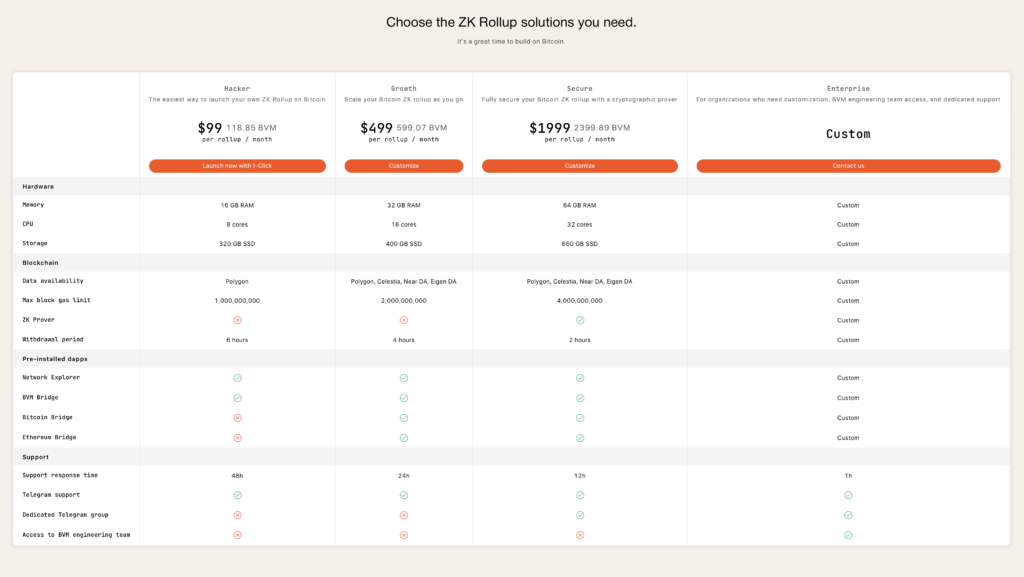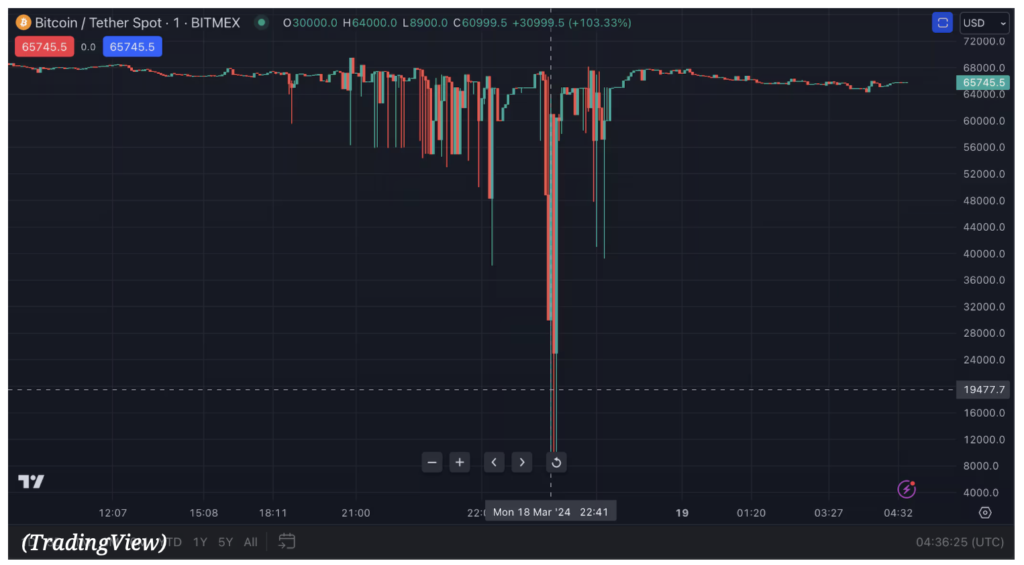The Bitcoin Virtual Machine (BVM) group as of late reported the launch of BitZK. This benefit employments zero-knowledge proofs to upgrade the versatility of Bitcoin. BitZK addresses the developing require for proficient scaling arrangements on the Bitcoin (BTC) network. It enables users to create backups. BitZK also enables users to migrate applications from Ethereum (ETH) to Bitcoin. This development follows a rise in on-chain activity driven by protocols such as Ordinals and Runes, which have fueled demand for block space similar to what Ethereum experienced.
An Important Development in the Bitcoin Network’s Scaling
Historically, scaling the Bitcoin network has been a difficult task. Many challenges have stood in the way of attempts to create scalable layer-2 solutions or increase the block size. The network’s historically small user base gave engineers more time to think about optimal scalability strategies, but the recent surge in on-chain activity demanded quicker and more efficient improvements. At this time, BitZK uses zero-knowledge proofs, which is a historic step. (This method of data compression is effectively employed in several well-known Ethereum rollups.)
BVM’s BitZK debut represents a significant technological milestone by adding the first Bitcoin ZK-rollups to the Mainnet, improving the largest cryptocurrency’s functionality, and allowing it to enable applications traditionally found on more generic networks such as Ethereum.
One goal of BVM is to introduce BitZK as a data layer, enabling transaction-level consensus using Bitcoin. We can leverage the data availability and security of Bitcoin, requiring no additional network or consensus processes.
Available for $499 at the beginning
The initial monthly cost of the BitZK service was $99 when it was first introduced. It pays for the memory, CPU, and storage expenses related to maintaining a Layer-2 Bitcoin system. Higher-end cost ranges of $499 and $1,999 are moreover accessible to meet diverse client needs.

Early adopters of the service include notable Bitcoin Layer-2 projects such as RWA Chain, POWD3R Blockchain, and Octopus Bridge, showing strong initial interest and potential for broader adoption.
BVM, which launched in January 2023, promises to make the Bitcoin network more adaptable. The project’s whitepaper describes the goal of developing an Ethereum-VM-like state machine that uses Bitcoin’s architecture for transaction-level consensus. This technique is seen as significant since it allows BVM to serve as a general-purpose state machine while preserving Bitcoin’s inherent security benefits and providing improved performance.
